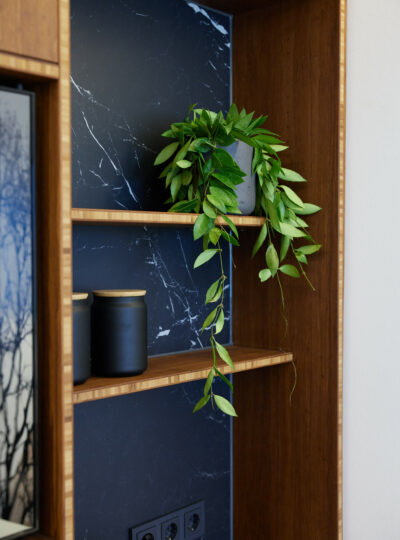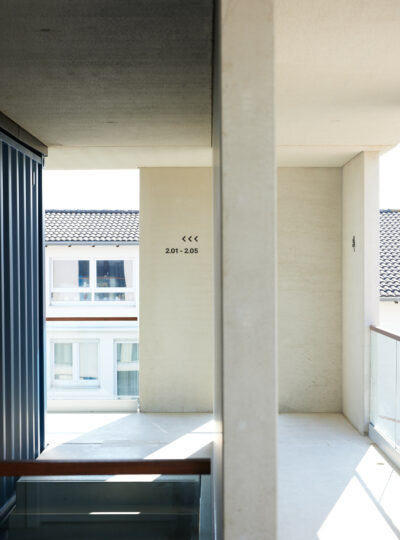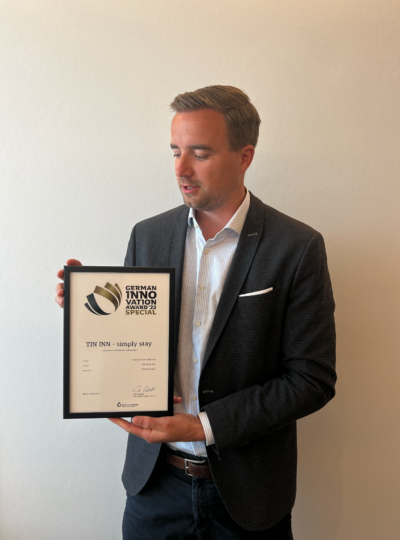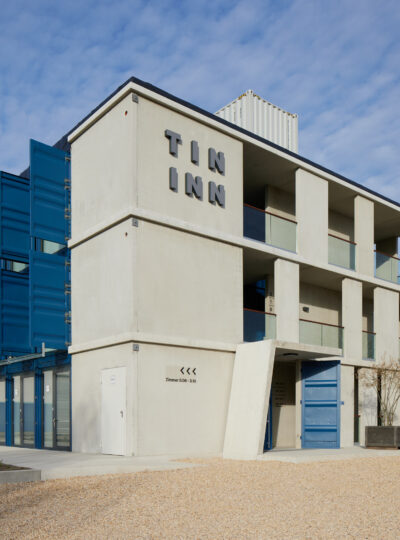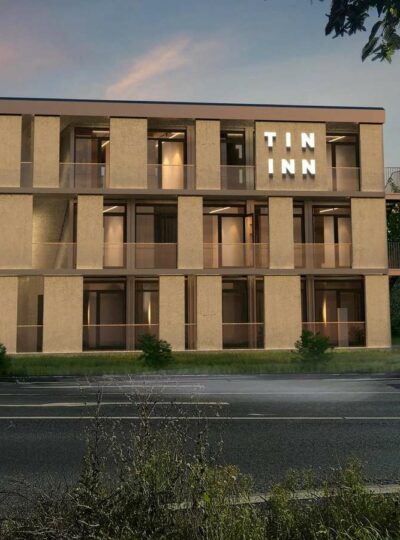By Christos Pasvantis – Rheinische Post
The Wassenberg-based company Containerwerk plans to open five hotels from next year, the first of which is currently being built in Erkelenz. How the digital concept works without a reception desk and what a night in the container hotel costs.
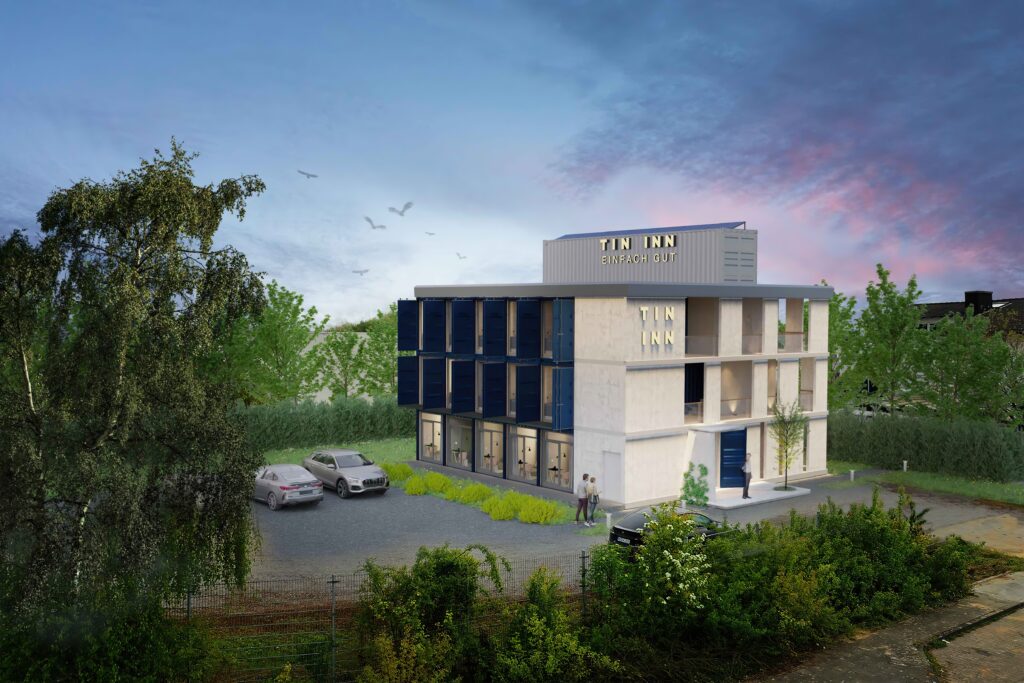
On Gewerbestraße Süd, somewhat hidden behind Küchen Schaffrath, the first hotel in the region is currently being built in Erkelenz almost entirely from old sea freight containers. The “Tin Inn” is to be the first of five hotels that the Wassenberg-based company Containerwerk plans to open from next year. Two hotels in Montabaur (Rhineland-Palatinate) and one each in Hückelhoven and Heinsberg are then to follow quickly.
The second floor of the hotel in Erkelenz is already under construction. “We plan to complete it in February or March 2023,” says Nico Sauerland, commercial director of Containerwerk. “This will always be the case on our construction sites: At first, there is little to see during the earthworks. And then when the containers arrive, everything happens very quickly.”
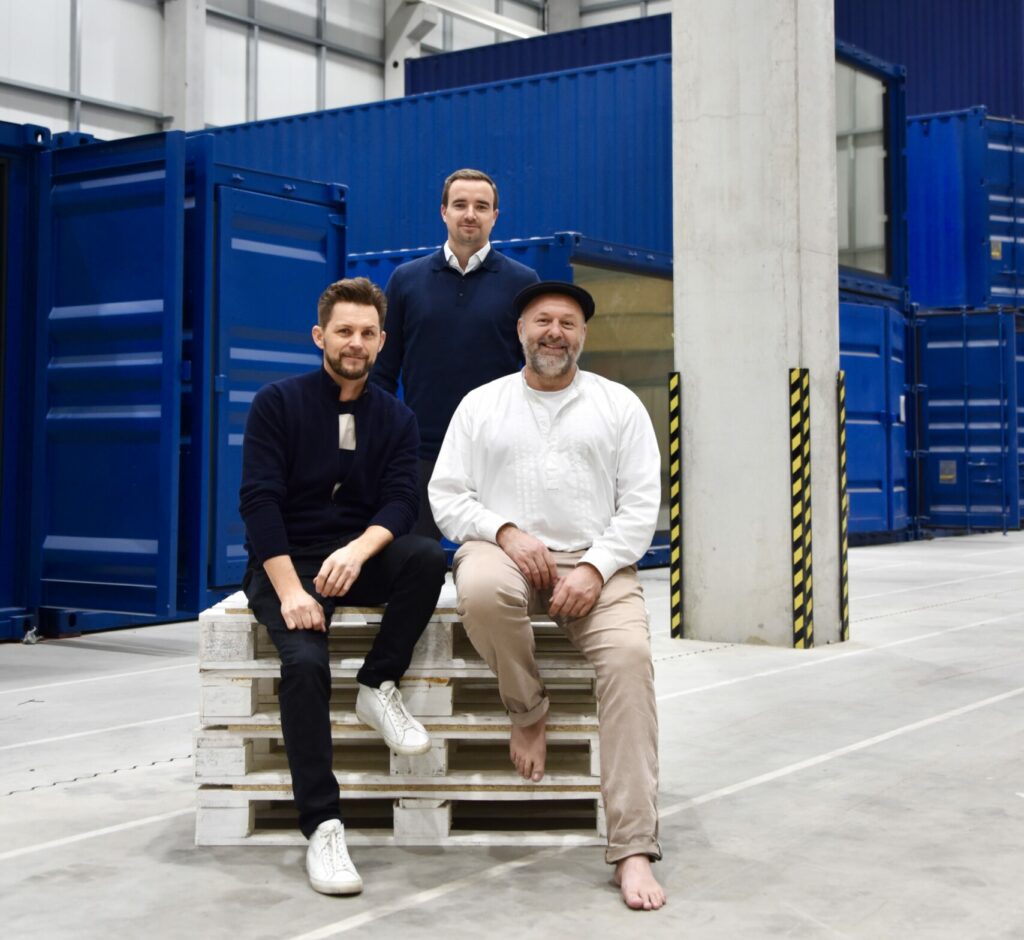
Focus fully on hotel construction
Production So far, Containerwerk has also manufactured smaller residential units from freight containers – but for the future, the focus is almost entirely on hotels. The company is currently still producing for some large commercial customers, but it no longer accepts individual orders from private customers in Wassenberg, says Managing Director Nico Sauerland.
The hotels will all be similar in design: Five converted former logistics containers, each of which has traveled the world’s oceans and international road and rail networks, will be lined up on three floors and framed by two large concrete structures to form a hotel. Guests reach their containers via stairs and corridors through the concrete annex. Because the containers on the first floor are shared, this results in 20 rooms per hotel.
The Wassenberg-based company is converting the containers beforehand using a globally patented concept certified by RWTH Aachen University to meet “the highest KfW standards” for thermal insulation, according to Sauerland. Among other things, the elements are insulated with PU foam. “It’s the first hotel of its kind we’re building,” says the general manager, “but the first of potentially very many.” Because the “Tin Inn” (Tin also means tin can or tin can in English) is transferable one-to-one in principle to many other places throughout the country.
The Erkelenzer Land is not known as a tourist region, and the location in the industrial park near the highway is not exactly in the middle of the city center. But Containerwerk has a clearly defined target group anyway: “There are significantly more business travelers, fitters or day guests here than you might think,” says Nico Sauerland, “and for them the hotel spaces in the region are relatively limited after all.”
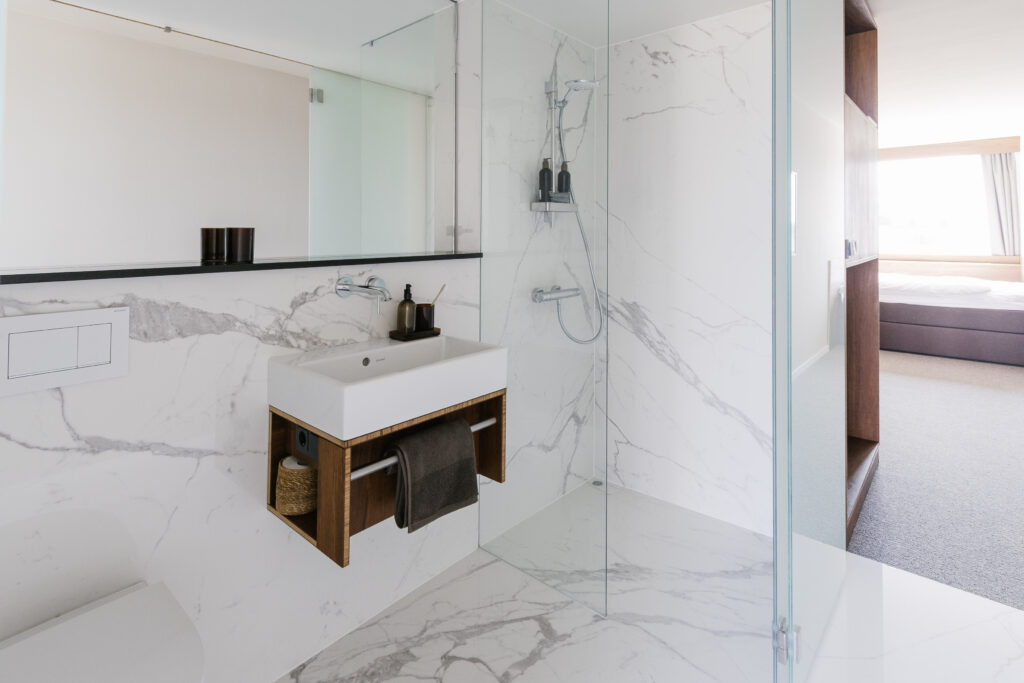
A “three-star-plus concept” with a modern design has been adopted for the interior: “These will not be low-budget rooms or simple fitters’ rooms. The entrepreneur should feel just as comfortable with us as the person who needs an overnight accommodation for a communion or a golden wedding anniversary.”
The daily price should be within the usual range for the region. “In the mid-price range,” as Sauerland says. A room will cost between 75 and 90 euros depending on the day and demand.
Containerwerk wants to “deliberately focus on cities like Erkelenz and Heinsberg and not on big cities like Düsseldorf or Bonn,” says Nico Sauerland. There, hotels would only be profitable from a size of 100 rooms.
An important role in the financial calculation is also played by personnel – or rather their savings. The concept does not include a reception desk and on-site employees. “With a conventional solution and five full-time employees, it doesn’t add up financially,” Sauerland explains. Check-in will instead take place online.
Sauerland does not want to let the fact that the region is being deprived of jobs count as a counter-argument, however: “We are constantly growing in our production in Wassenberg, where we now have around 100 employees. The demand for the containers is huge, he said. In the coming years, however, he said, if things go well, the company plans to focus almost entirely on hotel construction: “Ideally, we would like to build only hotels; we are putting all our money into this project.”
Upcycling as a sustainable manufacturing option is very much in vogue, and Containerwerk as a company is “fully geared to sustainability,” says Sauerland. “From the containers to the soap and the towels, we’re going all the way.”
